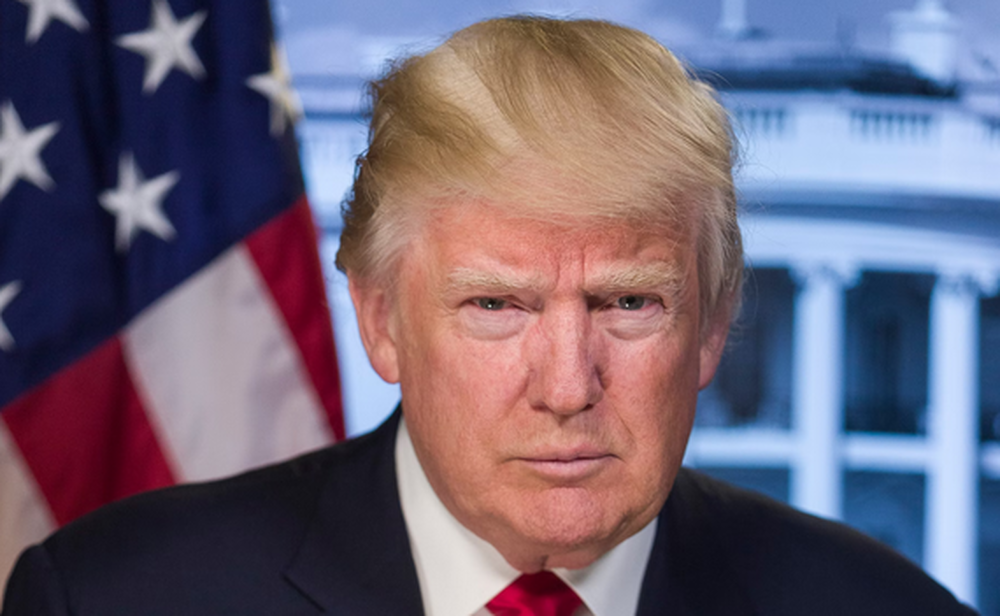PHILADELPHIA, PA - Donald Trump's latest policy declaration has sent shockwaves through the nation. He proposes cementing the recognition of only two genders—male and female—in federal policy. This move, outlined just eight hours ago, isn't merely an administrative change; it's a return to an era when the complexities of human identity were dismissed in favor of strict, binary norms.
At its core, Trump's policy targets transgender individuals by excluding them from military service, erasing gender education from schools, and barring transgender women from women's sports. It's a policy that aims to simplify an inherently complex aspect of human identity to fit into a narrative that many find both outdated and harmful.
A Question of Rights and Reality
Supporters of Trump's policy argue that this is a reclamation of traditional values, a stand against what they term "gender insanity." They believe that by enforcing a binary gender system, they are protecting spaces and opportunities meant for biological males and females. However, this perspective ignores the lived reality of transgender, non-binary, and gender-nonconforming individuals, reducing their existence to a political talking point.
From a legal and ethical standpoint, this policy raises numerous red flags. It not only questions the rights of transgender people to live authentically but also challenges the advancements in medical science and psychology that recognize gender beyond a simple binary. By attempting to legislate gender out of existence in its diverse forms, Trump's policy could undo years of progress toward inclusivity and understanding.
The Impact on Education and Beyond
The removal of transgender education from schools is particularly alarming. Education should be about enlightenment, not erasing identities that don't fit into one's worldview. This move could lead to a generation growing up with an incomplete understanding of human diversity, potentially fostering environments of ignorance and prejudice.
Moreover, the exclusion from sports and military service based on gender identity smacks of discrimination rather than a policy aimed at fairness or efficiency. It overlooks the contributions transgender individuals can make in these areas and denies them equal opportunities to serve or compete.
The Mechanics of Enforcement
One of the most perplexing aspects of Trump's announcement is the lack of detail on how such a policy would be enforced. Would it require genetic testing? Would it mean the government decides who is male or female for all legal and social purposes? These questions remain unanswered, highlighting the potential for this policy to become a bureaucratic nightmare or, worse, a tool for discrimination.
A Call for Reflection
While Trump's policy might appeal to those nostalgic for simpler times, it's essential to recognize that simpler isn't always better, especially at the cost of human rights. This policy should prompt a national reflection on what inclusivity means in the 21st century. It's not just about accepting diversity; it's about understanding that diversity enriches our society.
In conclusion, Trump's gender policy is more than a political statement; it's a regressive move that could set back the cause of equality by decades. As we debate this policy, we must remember that at the heart of this issue are real people whose lives, identities, and rights are being discussed. We must ask ourselves if we want to return to a binary norm or move forward toward a society that embraces all its members for who they indeed are.
The conversation around gender policy must evolve beyond political slogans and delve into the nuanced realities of human identity. Can we hope to craft policies that respect and protect all individuals?
